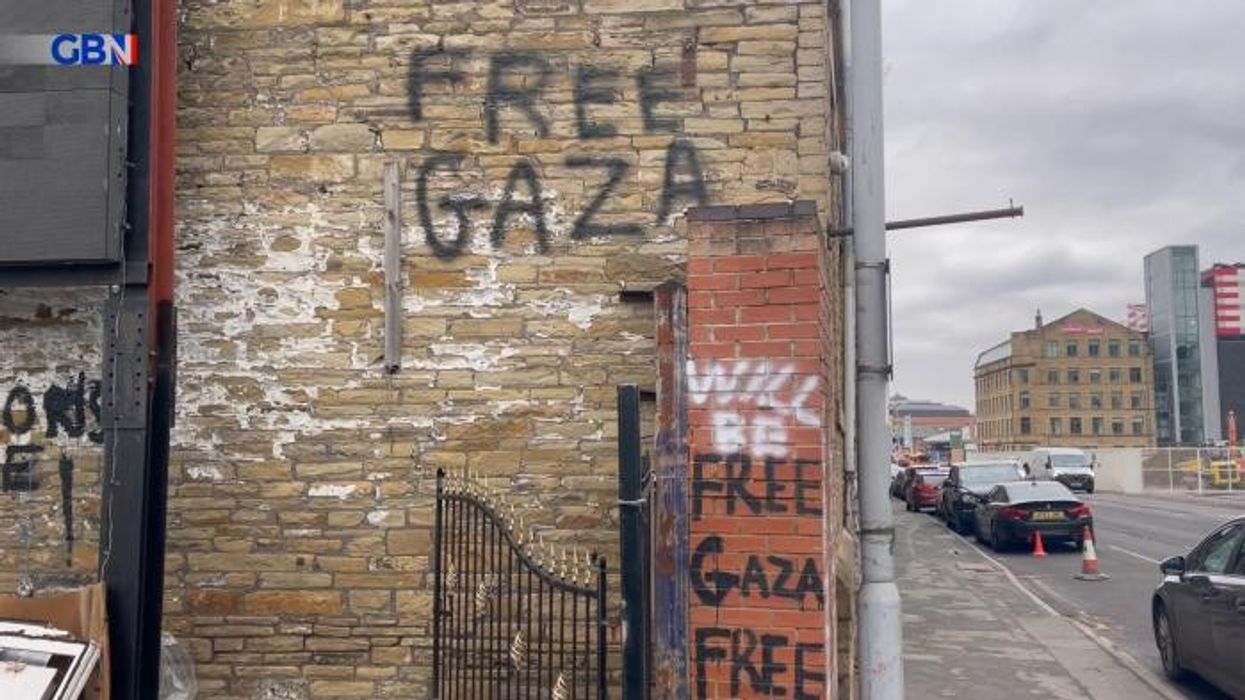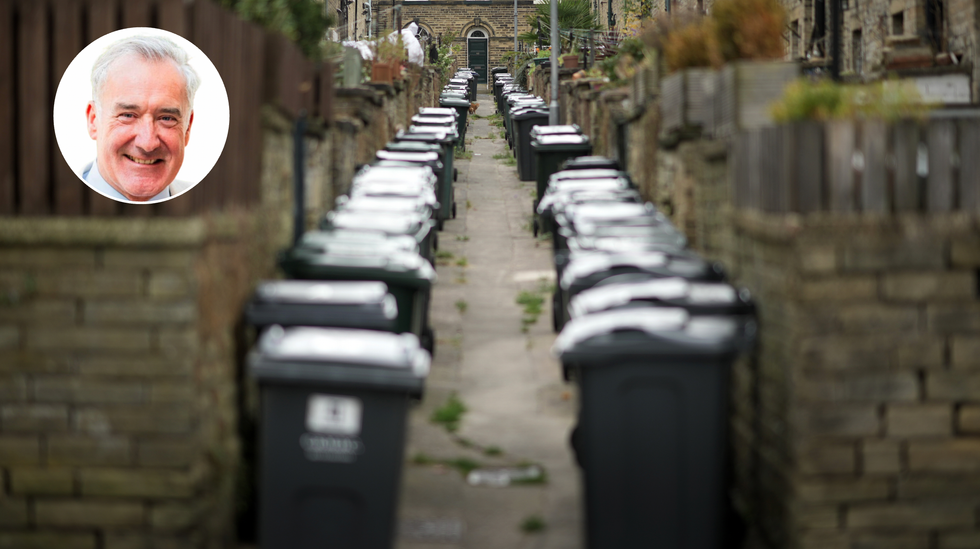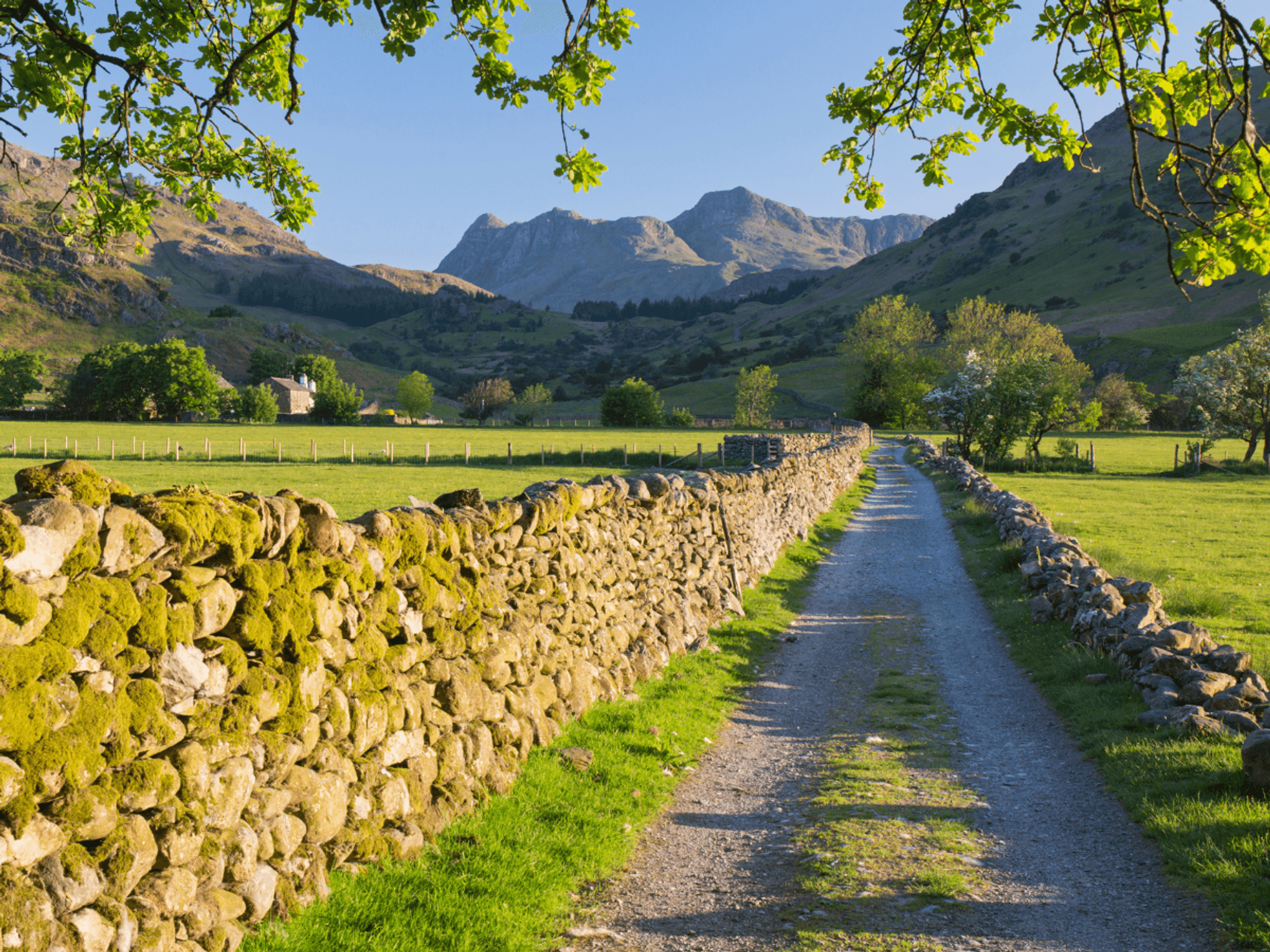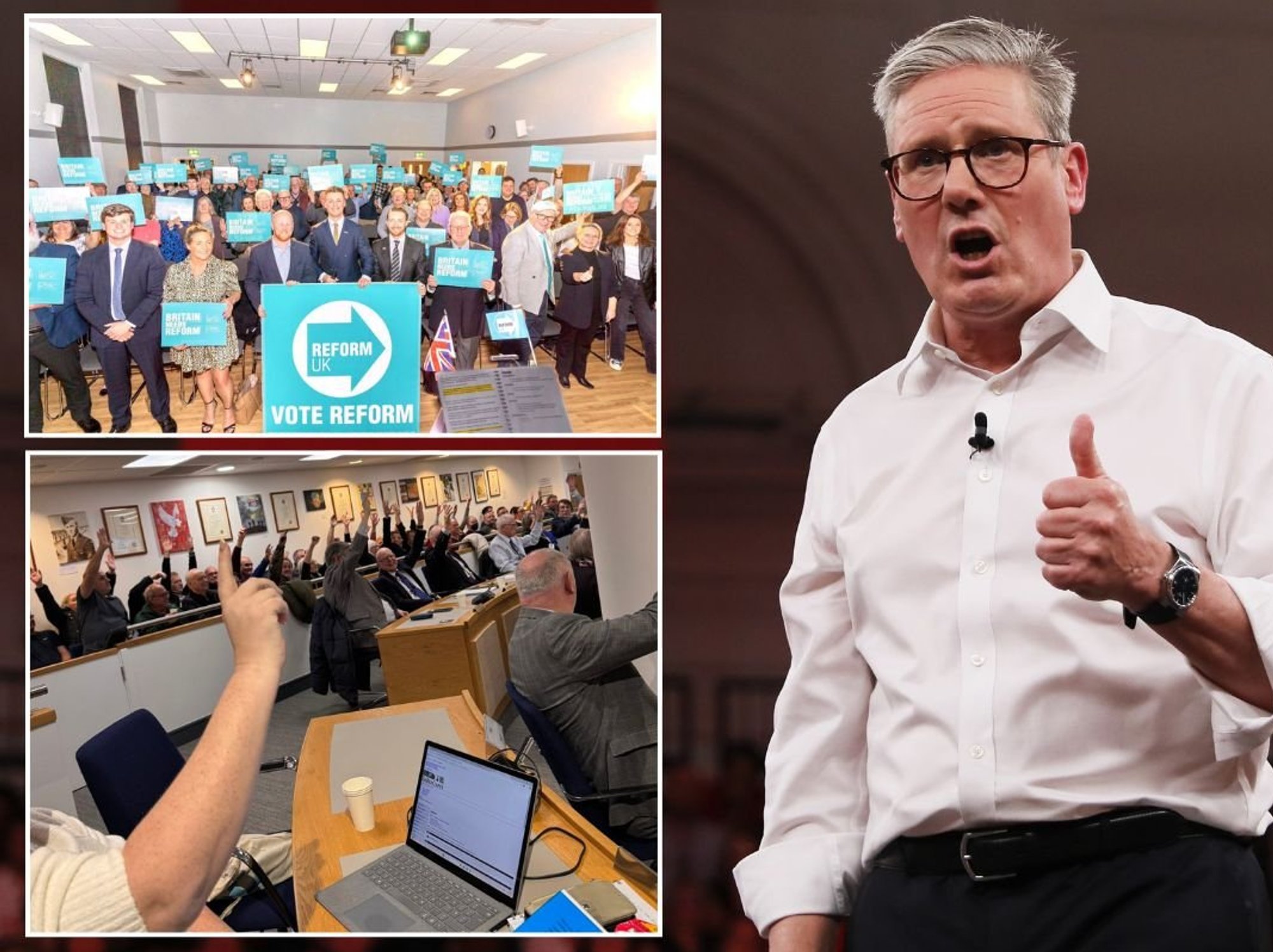One by one, my family were driven out of Bradford. Racism is a two-way street - Colin Brazier

Residents of Bradford discuss the immigration crisis |
GB
Anyone living in Bradford can be under no illusions
Don't Miss
Most Read
Trending on GB News
A headline in this week’s Daily Telegraph ran: “I have a good job, but still can’t afford to buy where I grew up.”
The comment came from a 40-year-old woman who felt priced out of her native Cambridge. You may have heard this lament before, often from Britons in pretty seaside villages inundated with second-home buyers and transformed into property hot-spots as a consequence.
But, when you think about it, worse things happen at sea. There is an obvious upside to finding that the town where your childhood was spent is unaffordable as an adult.
If your parents own their own home, those rising house prices mean they are more likely to be in a position to pass on a windfall when they die or sell up.
This is an economic leg-up denied to millions of us. And I include myself. My mother worked hard in a textiles mill in West Yorkshire for years before retraining as a nurse.
Not long into her working life, in the early 1970s, she was able to get a mortgage and herself onto the housing ladder. She was a typical baby boomer, whose subsequent financial security was based on cheap housing.
In 1974, for instance, it typically took three months to save for a deposit. By 2024, would-be buyers were waiting more than 11 years to do so.

One by one, my family were driven out of Bradford. Racism is a two-way street - Colin Brazier
|Getty Images
Back in the 1970s, there wasn’t much difference in price between a house in Cambridge and its equivalent in Bradford, where my mother bought her first terraced home. But, from my perspective, two things of note then happened. And they were connected.
One was the collapse of the textile economy. The deindustrialisation which hit so many parts of the North was a curse that leafy university towns like Cambridge escaped.
But the other thing which happened was particular to Bradford and other Pennine mill towns (it’s always a misnomer to describe Bradford as a mill town; it is very much a city, the sixth biggest in Britain by some measures).
The mills were facing competition from new materials and factories in the far east, where productivity was higher. There were two options to stave off closure.
The mill owners could have invested in new manufacturing technology. Short-term pain, long-term gain. But instead they went for the short-term option; importing cheap labour, predominantly from the Kashmir area of Pakistan.
Half a century later, and almost all the sooty chimneys which once defined the Bradfordian landscape have been demolished. But the Pakistani-heritage communities which filled those textile halls have multiplied several-fold. There are now many more mosques than mills.
It begs a question which could never be asked of someone who grew up and yearns to live again in a town like Cambridge.
How much of the exodus from Bradford (and its equivalents) is driven by economic deprivation and how much by social alienation?
When people like me decided never to return to Bradford, even though its housing stock is both cheap and often surprisingly grand, are we talking just about that well-trodden path southwards in search of affluence, or are we really talking about a function of white flight?
The answer, of course, is both. But too often the role played by rapid alterations in demography in the decision to flee is deliberately overlooked.
All over the country, people like me have moved from areas that offered too few opportunities for good work and not enough social cohesion. Hundreds of thousands of Britons, moving from urban to semi-rural. From once pleasant suburbs with big houses to new toy-town developments of rabbit hutches.
From a home close to family, to a house at the end of a long commute. From North to South. But also from within the south. From the East End to Essex. From Leicester, Luton and Slough to anywhere else.
People move to a place for many reasons. According to The Big Sort, an American book published in 2008, we increasingly cluster by age and education, a phenomenon much noted during the Brexit campaign.
But the reasons people move away from a place seem less well understood. Or at least we are less curious lest we find the reasons harder to confront.
As recently as 2016, The Economist published an article claiming that ‘white Britons have abandoned almost nowhere’. This would come as a surprise to my extended family in Bradford.
My mother was one of seven surviving children, all of whom wanted to live close to my matriarchal grandmother, but none of whom wanted to be the last one living in an area where English was increasingly rarely heard. Some of my aunts and uncles (and their children) moved to the villages surrounding Bradford.
Others, like my own mother, joined the migration Eastwards to the coast (selling her house for a fraction of what it would fetch in Cambridge). A few, like my sister, stayed behind.
Last month, she and I went to watch Yorkshire play Lancashire in a cricket match at Headingley Stadium. Afterwards, we went to the pub and I posted this tweet: “I went for a drink with a close family member who - unlike me - still lives in Bradford.
She was in tears, describing the arc of decline traced by a once great city that became Britain’s pre-eminent laboratory for the failed policies of multiculturalism.”
My post received more than 1.3 million views. Among the many comments, the usual mix of personal abuse and extremist rhetoric, but also a prevailing emotion. Not rage, but sadness. A mournfulness for an irrecoverable past.
A sense of regret for how nobody had the foresight 50 years ago to imagine a time when cities like Bradford would be Balkanised into ethnic neighbourhoods. A feeling of impotence that anything will be done to stop the slow march towards a self-segregating future.
All these feelings emerge with a strong, but not exclusive, racial dimension. My childhood was spent with many Sikh friends, whose parents came - like the Kashmiris - to work the mills. Like their white counterparts, many of them no longer feel that Bradford is a viable long-term home.
And why? Several of the more antagonistic responses to my tweet said all was well with Bradford and that its - mainly economic - problems were overblown by nativists like me. I wonder.
Anyone living in Bradford can be under no illusions (as someone might be in, say, Cambridge) that racism is very much a two-way street. My sister has been called a ‘white bitch’ on more than one occasion.
My late stepfather, a taxi driver, recalled getting into a fight with a Pakistani-heritage equivalent who told him that “this is our town now”.
And then there is the look of the city itself. On a recent trip back for a family funeral, I saw what I can only describe as ‘expressions of territoriality’. In particular, a huge billboard on the side of a terraced house on a major road leading into the city with an Arabic script.
Nothing else. It may have been a proselytising slogan, it may have been something much more prosaic. But what it wasn’t was inclusive. It was meant only for people who can read Arabic, the language of the Koran, whether they be from Bradford or beyond.
More From GB News










